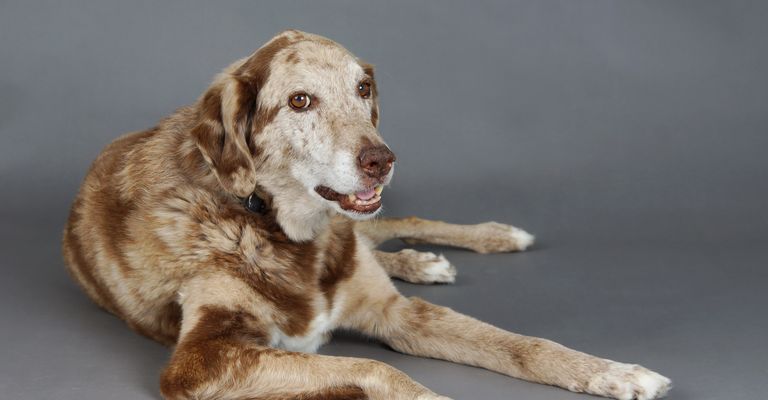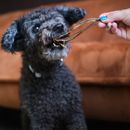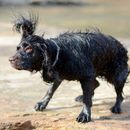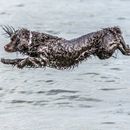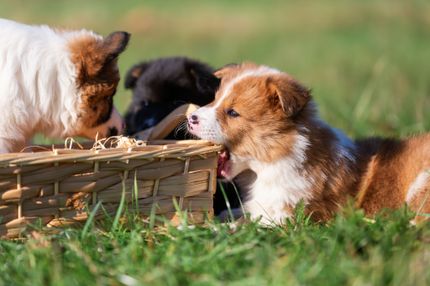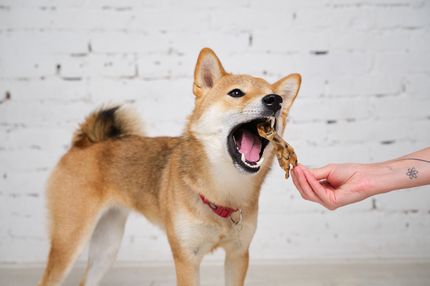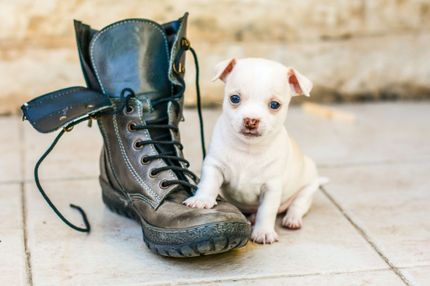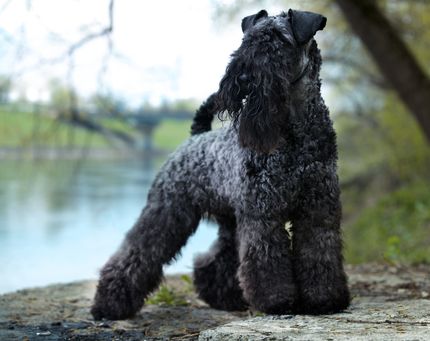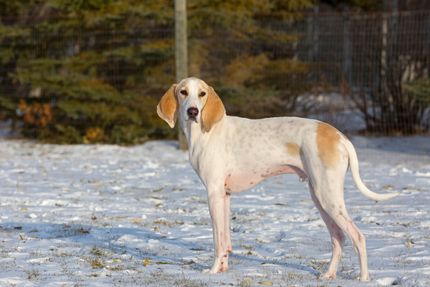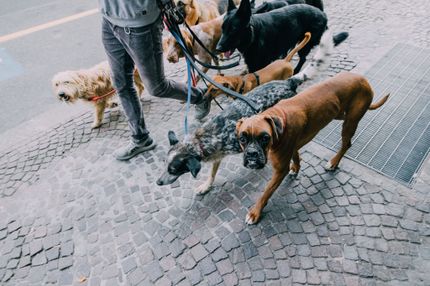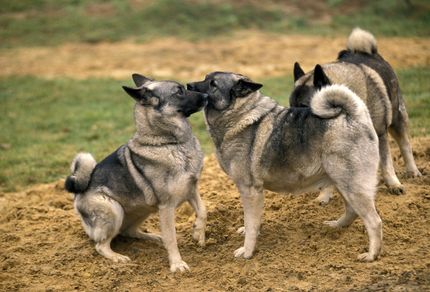If dogs are persistently licking their noses or exhibiting frequent swallowing and smacking, it may mean more than just a treat. It could be an indication of stress or what is known as licky-fits syndrome.
In this article, we will discuss why a dog exhibits these behaviors and what to do about it.
What does frequent swallowing and smacking mean in my dog?
A frequent swallowing and smacking of your dog could indicate health problems. Dogs can often indicate their pain just by such behaviors. It can also happen when the dog is suffering from nausea or vomiting.
Reasons why your dog is showing these symptoms:
Toxic substances: When dogs eat something toxic, their reaction may be to salivate more to neutralize the toxins. This is often accompanied by nausea and vomiting.
Gastrointestinalproblems: Excessive salivation can indicate gastrointestinal distress, causing your dog to swallow and smack more. Dogs can often show their stomach pain just by increased restlessness.
Heartburn: This occurs when stomach acid backs up into the esophagus, which can cause mild injury. This is often accompanied by salivation and vomiting of white mucus.
Licky fits syndrome: Dogs with this syndrome exhibit violent swallowing and salivating associated with agitated or even panicky behavior. The exact cause varies, but problems in the gastrointestinal system or medication side effects are often responsible. Licky fits syndrome is not an officially recognized medical condition, but is often used informally to describe a particular type of behavior in dogs. Dogs with this syndrome exhibit excessive licking of surfaces such as floors, walls, or even their own bodies. It often goes beyond normal grooming behavior and can last for hours.
Dental problems: Gum inflammation, broken teeth or tartar can cause your dog to lick his nose or salivate excessively. Dental problems can cause pain, affect your dog's quality of life and lead to serious health complications.
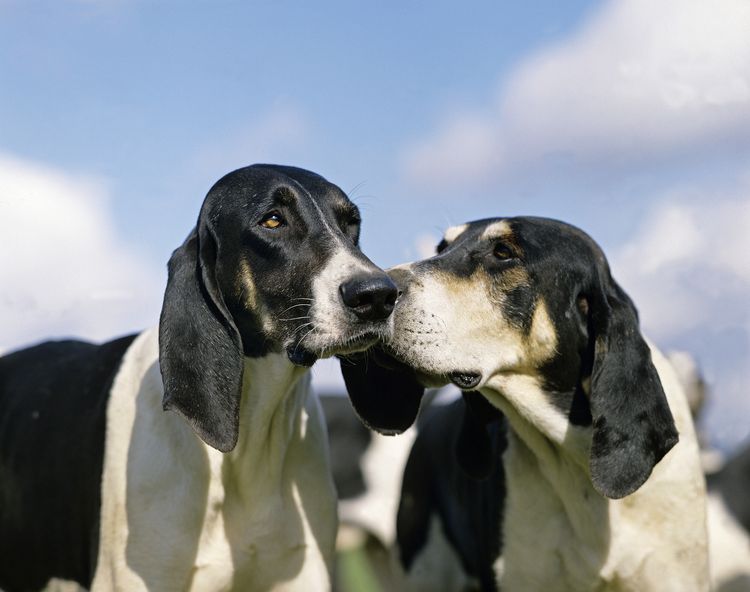
When should you see the vet?
If the symptoms are severe or persist despite distraction, it is advisable to consult a veterinarian. It could also be an indication of dangerous gastric distress.
Regarding Licky Fits Syndrome - here it is not always clear where it comes from, but there are several theories and observed correlations:
- Gastrointestinal problems: some dogs may lick excessively when they have stomach problems. Overproduction or underproduction of stomach acid, reflux, or an inadequate diet can disrupt the digestive process, causing belching or nausea.
- Medication side effects: Sometimes, licky-fits syndrome can occur as a side effect of certain medications. In such cases, stopping the medication may resolve the problem.
- Stress or anxiety: in some dogs, excessive licking may be a reaction to stress or anxiety.
- Neurological problems: there could also be neurological causes where the dog feels a compulsive need to lick.
Supportive measures.
If your dog is eating grass, he may be trying to self-medicate his stomach problem. You can carefully remove small foreign objects in the mouth with tweezers. For dental problems, the following measures can work very well:
- Visit a veterinarian: First, you should take your dog to a veterinarian or, if available, to a veterinary dentist. They can make an accurate diagnosis and recommend the most appropriate treatment.
- Regular dental cleaning: Brushing your dog's teeth daily with a special dog toothbrush and paste can help reduce plaque and tartar and prevent gum disease.
- Chewtoys and products: There are special chew toys and chew snacks that help clean teeth naturally. Be sure to choose products that are safe and suitable for your dog.
- Nutrition: Some dry dog foods are formulated to help remove plaque from teeth when chewed. Your veterinarian can make a recommendation for an appropriate food.
- Professional teeth cleaning: Depending on the severity of your dog's dental problems, your veterinarian may recommend a professional dental cleaning under anesthesia. This allows for a thorough cleaning and examination of the teeth and gums.
- Treatment of gum inflammation and disease: If your dog shows signs of gum inflammation or disease, your veterinarian may recommend medication or special mouthwashes.
- Tooth extractions: In severe cases where teeth are irreparably damaged, it may be necessary to extract them to prevent pain and infection.
- Avoid hard objects: avoid giving your dog extremely hard chew items, such as bones or antlers, as they can damage teeth.
- Observe behavior: Pay attention to whether your dog has difficulty eating, rubs his mouth often or salivates excessively. These can be signs of dental problems.
Although your dog's swallowing and smacking can sometimes be harmless, it's important to make sure there are no serious health problems.
